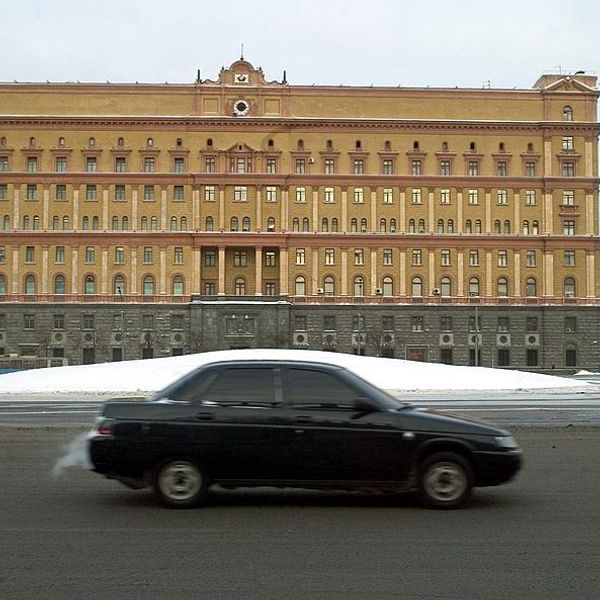Bottom Line Up Front
- On the heels of the London Bridge terrorist attack and the looming Brexit process, tensions were high as British citizens went to the polls for the December 12, 2019 UK election.
- The Russian Federation, as well as organizations, individuals and UK-based entities, attempted to influence the British election by spreading disinformation to alter voter perceptions of the candidates.
- The weaponization of ‘deep-fake’ technology in politics and elections in the UK is indicative that disinformation campaigns are becoming a mainstream tactic in the political party playbook.
- With the U.S. Presidential election less than one year away, it remains evident that disinformation will remain a highly utilized tool for discrediting political opponents and manipulating voters.
The election stakes were high as British voters flocked to the polls for the third time in four years, yesterday, as they voted for 650 parliamentarians. The UK’s first past the post system means that British voters do not directly vote for the prime minister but instead vote for a politician to represent their district or constituency. The two leading parties, the Conservative and Labor, were vying for leadership, each with very different platforms The Conservative party, which made Brexit the focus of its campaign, emerged victorious, while Labor, which focused primarily on health care, failed to promote a message that resonated with voters. The incumbent Conservative party is led by current UK Prime Minister Boris Johnson, while the Labor party is led by the controversial politician Jeremy Corbyn. Britain has a multiparty system and the Liberal Democrat party was led by Jo Swinson, who appears vulnerable to losing her seat after her party’s abysmal showing in the election.
Like the United States 2016 election, the Russian Federation worked to actively influence UK election outcomes by spreading disinformation. As an example, Labor leader Jeremy Corbyn cited documents that the Conservative Party would weaken the National Health Service in a post-Brexit trade agreement with the United States. The documents first appeared in a Reddit October 2019 post that now has been attributed to the Russian government. Graphika, a firm that tracks online disinformation campaigns, noted that the Reddit campaign was orchestrated by the Russian Federation. Meanwhile, a UK government spokesperson noted that the UK National Cyber Security Centre was examining the matter.
The Russian Federation is not alone in efforts to disrupt the British election. In the UK, individuals and organizations, including state entities, attempted to alter voter perceptions of the candidates. Jo Swinson, the Liberal Democrat candidate, was the subject of a strange disinformation campaign about hunting squirrels, orchestrated on Twitter but shared more widely over Facebook’s platform. As the disinformation spread, Swinson had to actively discredit the campaign, which resulted in a negative traditional newspaper headline that read, ‘Jo Swinson Denies Firing Stones at Squirrels.’ While this disinformation campaign coincided with Liberal Democrat sliding poll numbers in the lead up to the election, it is not possible to determine if the slide was caused by the disinformation campaign alone. Perhaps more problematic was the Conservative Party’s proliferation of an edited video that depicts Keir Starmer, a Labor Member of Parliament, at a loss for words when asked a question regarding the Labor Party’s Brexit policy. The weaponization of ‘deep-fake’ technology to portray individuals to the public in a negative fashion by a British political party is indicative that disinformation campaigns are becoming a mainstream tactic in the political party playbook. Additionally, after the recent London Bridge terrorist attack, false information was circulated in Labor Party-supporting Facebook groups that peddled the conspiracy that the attack was a ‘false-flag’ operation carried out by the Conservative Party in order to siphon off votes from Labor.
The role of disinformation in the British election reinforces the notion that efforts to manipulate prospective voters will remain a way of life for the foreseeable future. Organizational and individual level efforts to circulate disinformation are becoming ubiquitous. As these disinformation efforts become more pervasive and occur alongside state-driven disinformation campaigns, it may become increasingly difficult to assess the origins of election meddling. State actors, in fact, may now be in a position where they can decrease disinformation campaigns because their tactics have been coopted by individuals and political parties. This concern is amplified when social media platforms like Facebook adopt policies that allow for false information in political ads. The uncertainty that disinformation breeds regarding what is the true and what is false will continue to degrade the electorate’s ability to trust election results. With the U.S. Presidential election less than one year away, it remains evident that disinformation will remain a highly utilized tool for discrediting political opponents. One major takeaway for the United States from the British is that the purveyors of disinformation will be more diverse than 2016.











